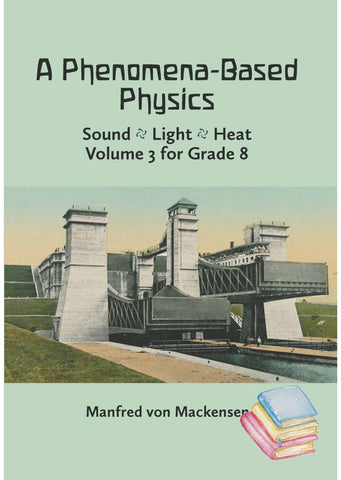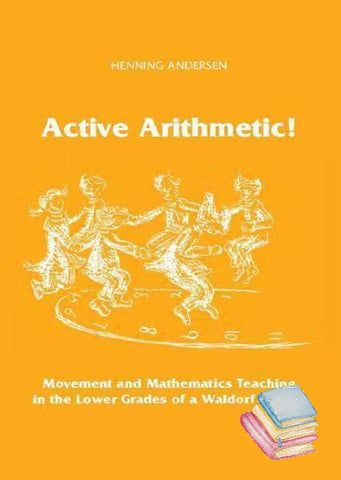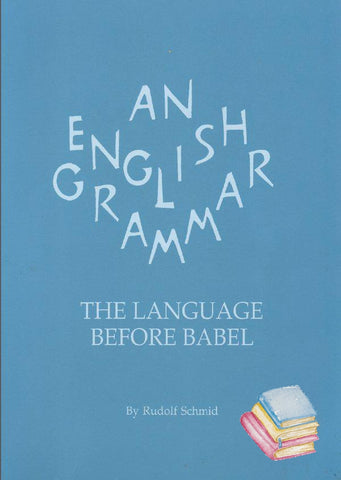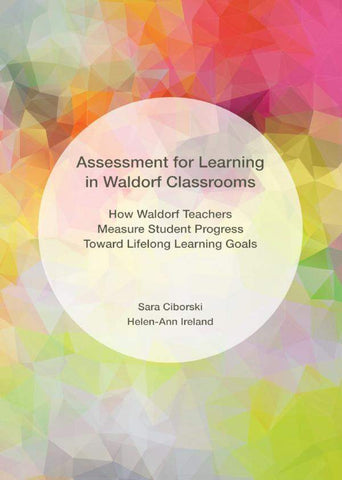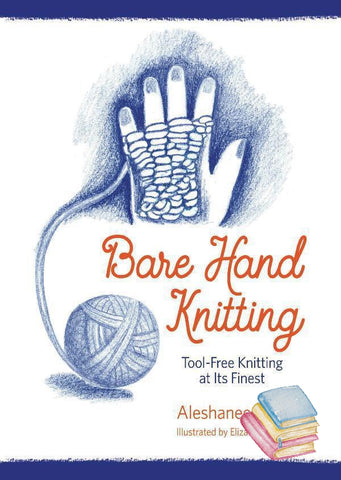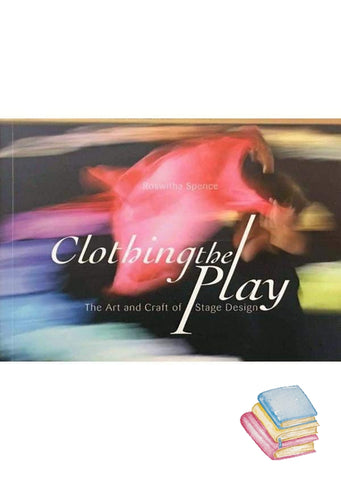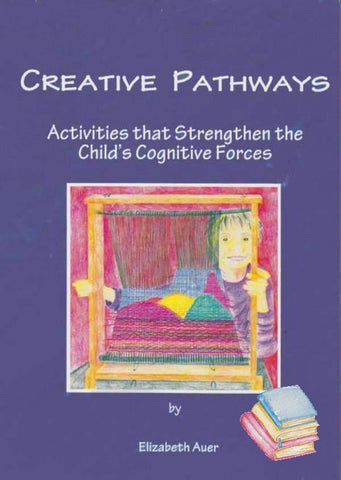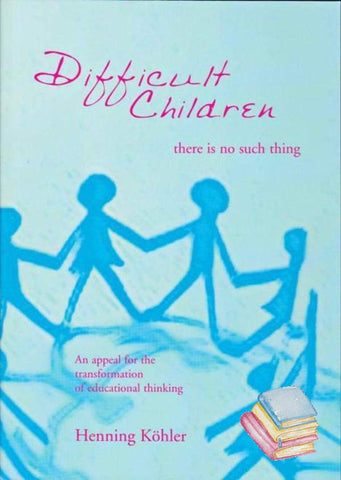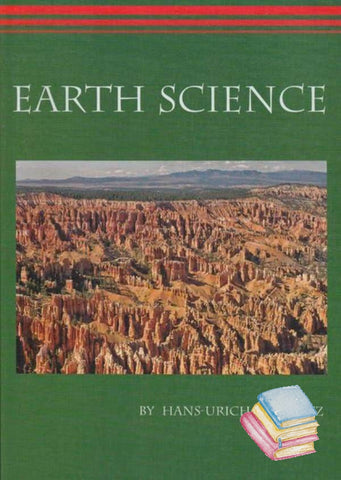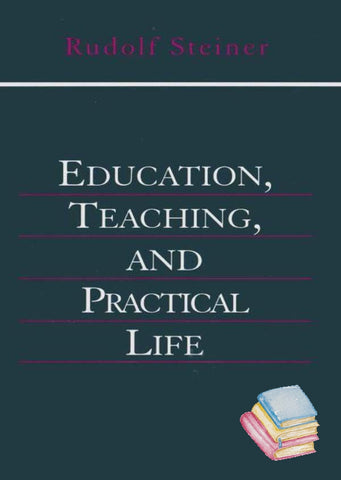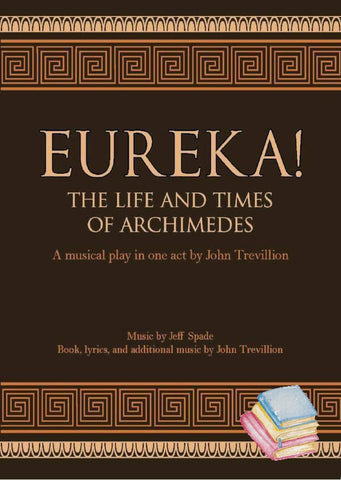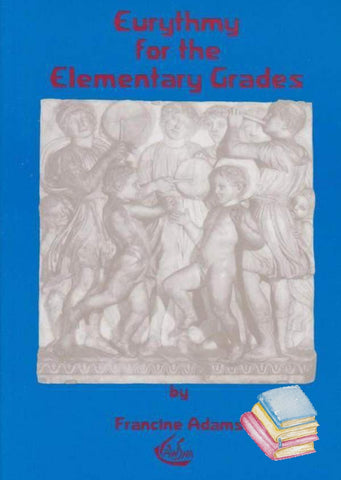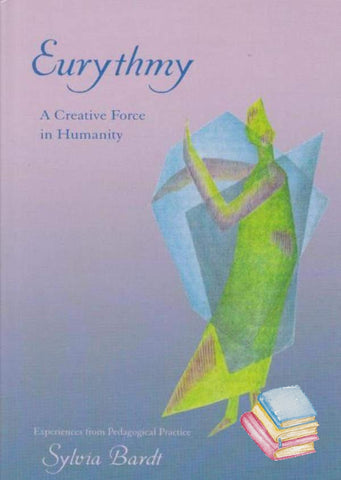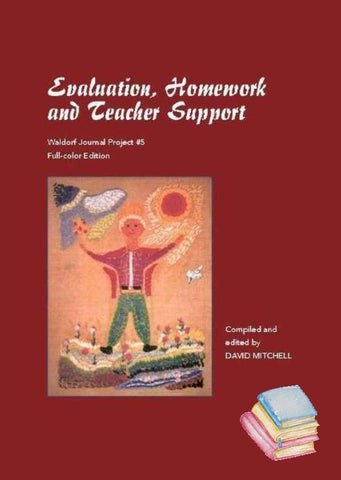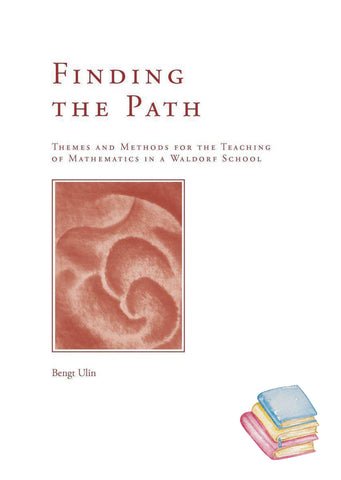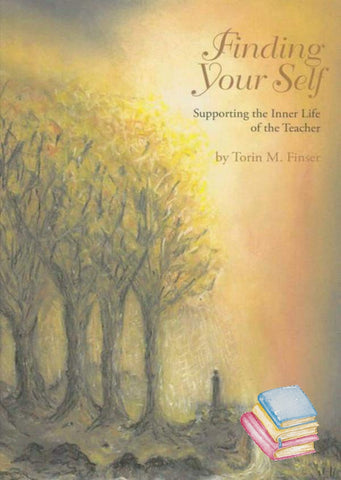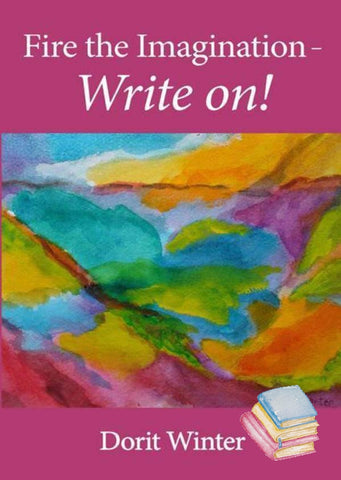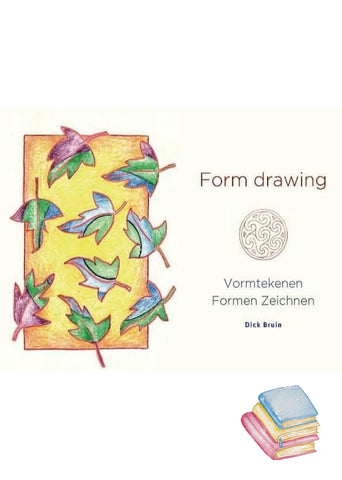Waldorf Grade 8
Eighth grade is the crown of the elementary and middle school grades. The full-year welcomes the students to the world: world geography; broad vistas in the sciences with anatomy, chemistry, physics, and meteorology; world history through American history; and new capacities in artistic skills of music, painting, drama, woodwork, sculpture, drawing, and eurythmy. A word or two of advice: History from fifth to sixth grade is accomplished through biographies of women and men characteristic of their time; make juvenile biographies your friend. These biographies are well written, brief, and contain highlights of the essential elements of life. From there you can more quickly decide those biographies you wish to tell and investigate further from there. When preparing for chemistry and physics, practice the experiments you wish to do with your students at least three times before attempting them with your class. This is, of course, demanding for the teacher of this year, but if you are prepared, it will be a wild and wonderful gallop through grade 8!
The opportunity in 2020, following the “Black Lives Matter” events, is to teach history as honestly as possible, less like the persistent narrative in North America which tends toward white men as heroes and toward downplaying colonization and slavery. This needs to be done with care to not burden the young soul too early with such issues. There is time enough for this in high school when the astral body has fully arrived. Truthfulness need not blame or create a culture of despair. And there must be mindfulness always about the young people entrusted to you — and their heritage. You will find that revolutions were also present in the Qing Dynasty, in the late Edo period of Japan, and in India and South America, and can be told from directions appropriate for those in your class or in your care.
For Waldorf Teachers and Parents
A Handbook for Waldorf Class Teachers Kevin Avison
Assessment for Learning in Waldorf Classrooms Sara Ciborski & Helen-Ann Ireland
Education Teaching, and Practical Life Rudolf Steiner
Evaluation, Homework, and Teacher’s Support David Mitchell, ed.
Finding Your Self Torin Finser
Immersion Learning: A Travelogue Frans Lutters
Leaving Room for the Angels Reg Down
Rubicon Monica Ruef and Rudolf Steiner
Second Grade Development, Observation and Assessment Else Gottgens (it can be useful, in sections, for assessing at any age)
Solving the Riddle of the Child Christof Wiechert
Tapestry of a Waldorf Curriculum Tobias Richer
Tending the Spark Betty Staley
Trailing Clouds of Glory Douglas Gerwin
For Curriculum Development in Waldorf Grade 8:
Active Arithmetic Henning Andersen
Finding the Path Bengt Ulin
Making Math Meaningful, A Source Book for Middle School Jaimie York
Making Math Meaningful A 8th Grade Workbook Jaimie York
Mensuration Amos Franceschelli
Solid Geometry Harry Kretz
Negative Numbers: A Collection for Students Stephan Sigler
Negative Numbers: A Collection for Teachers Stephan Sigler
The Waldorf Approach to Arithmetic Herman von Baravalle
Teaching Mathematics in Rudolf Steiner Schools Ron Jarman
Triangle, Circle and Soul Harry Kretz
Fire the Imagination — Write On! Dorit Winter
Red Tape Holds Up New Bridge Gloria Cooper
Spelling by Hand Jeremy Herrmann
Teaching Language Arts in a Waldorf School Roberto Trostli, ed.
The Art and Science of Teaching Composition Dorit Winter
The Power of Grammar Anne Greer
On Teaching History Henry Barnes
Teaching History Christof Lindenberg
The Revelations of Evolutionary Events Evelyn Debusschere
Fundamentals for a Phenomenological Study of Chemistry Fritz Julius
Man in Nature: America before the Days of the White Man Carl Sauer
Longitude Dava Sobel
Man in Nature Carl Sauer
The Riddle of America John H. Wulsin, Jr.
Building the Chorus Arnold Logan
Music from around the World for Three Part Recorder Ensemble Michael Preston
Recorder Ensemble Stephen Bernstein
Songs of Heaven and Earth Merwin Lewis
The Importance of Being Musical Cynthia Frangello
Eureka! The Life and Times of Archimedes John Trevillion and Jeffrey Spade
Hawthorne Valley Harvest William Ward, ed.
Pedagogical Theater Arthur Pittis
The Music of the Spheres John Trevillion & Merwin Lewis
Three Plays for Small Classes Vivian Jones-Schmidt
Eurythmy for the Elementary Grades Francine Adam
Learning About the World through Modeling Arthur Auer
Learning to See the world through Drawing Elizabeth Auer
Painting at School Dick Bruin and Attie Lichthardt
For Meeting Children’s Needs in the Grade 8 Waldorf Classroom
Difficult Children: There Is No Such Thing Henning Koehler and Joseph Bailey
Helping Children on Their Way Elizabeth Auer
Observing the Class Observing the Children David Mitchell, ed.
The Four Temperaments Helmut Eller
Working with Anxious, Nervous, and Depressed Children Henning Koehler and Joseph Baily
Readers for Waldorf Eighth Graders
100 Selected Short Stories O. Henry
All Quiet on the Western Front Earl Maria Remarque
Buzzy and the River Rats, volumes I, II, and III John Hoffman
Copernicus: Struggle and Victory Heinz Sponsel
Geron and Virtus Jakob Streit
Invisible Guardians Jakob Streit
Men of Iron Howard Pyle and anything by this author
Old Yeller Fred Gipson and Steven Polson
Otto of the Silver Hand Howard Pyle
Roman Lives Dorothy Harrer
Saint Odelia Jakob Streit
Sir Nigel Sir Arthur Conan Doyle
Star of the Sea William Ward
The Bee Book Jakob Streit
The Education of Little Tree Asa Earl Carter
The Falconer Christopher Sblendorio
The Invisible Boat Eric Müller
The Invisible Boat and the Molton Dragon Eric Müller
The Star Rider and Anna McLoon re-told by Jakob Streit
The Star Trilogy Donald Samson
The Trumpeter of Krakow Eric P. Kelly
Watership Down Richard Adams
Where the Red Fern Grows Wilson Rawls
Witch of Blackbird Pond Elizabeth George Speare

- Page 1 of 4
- Next



